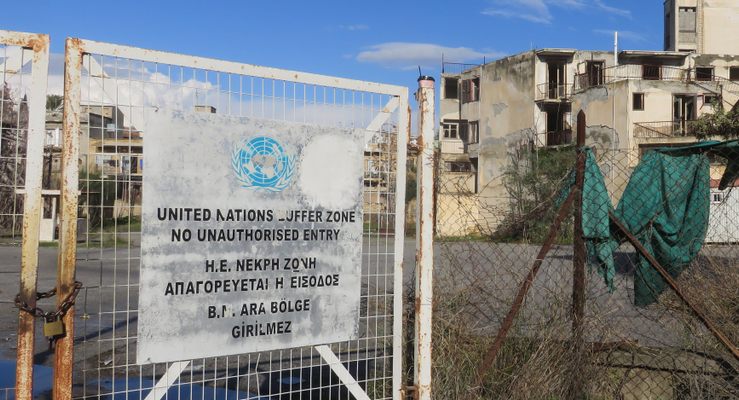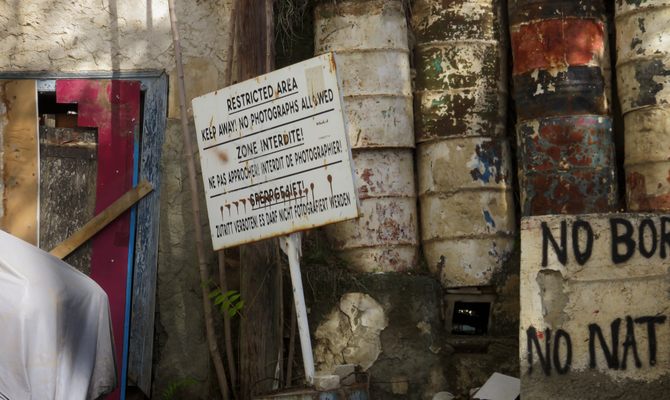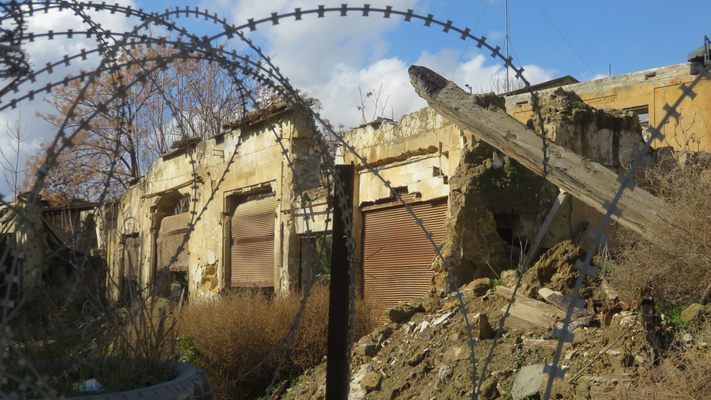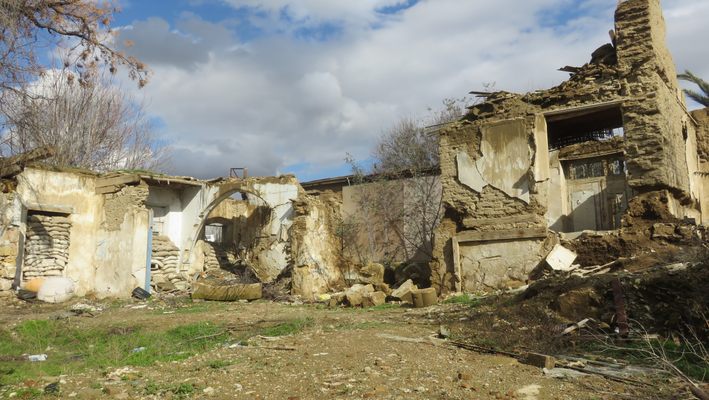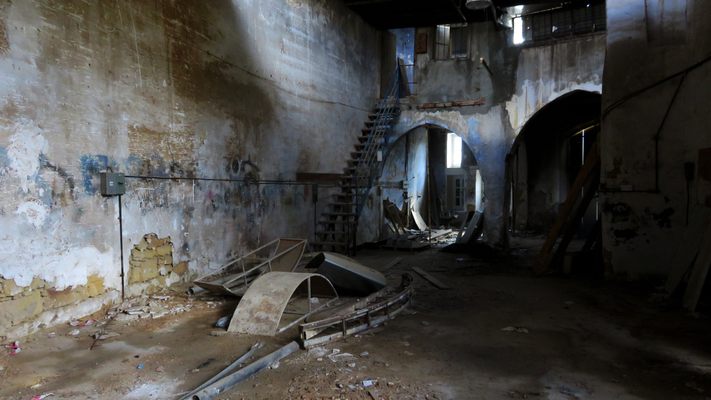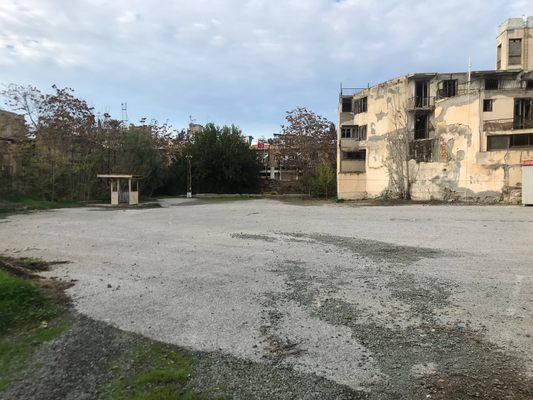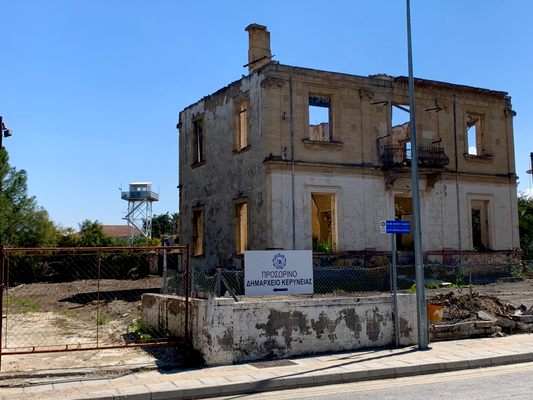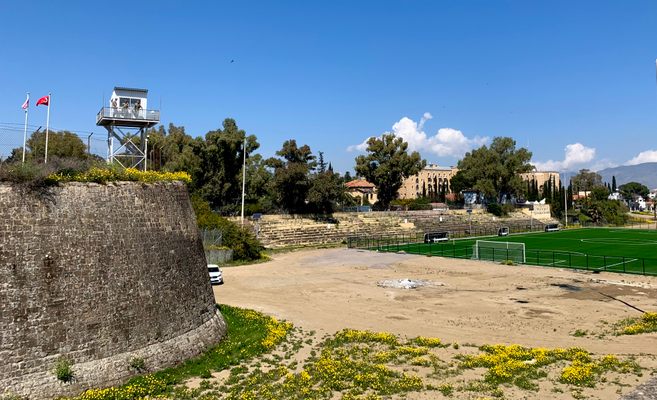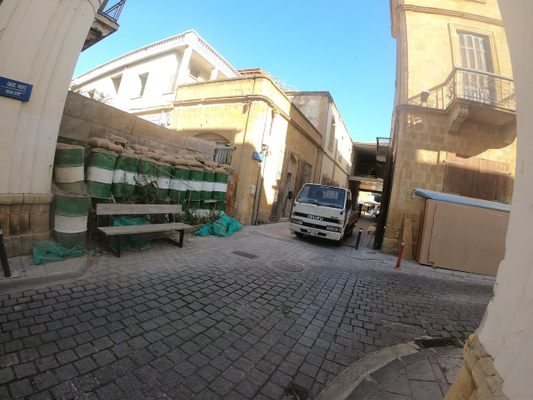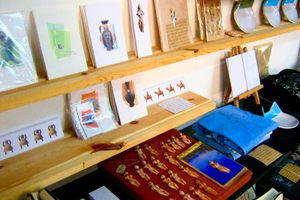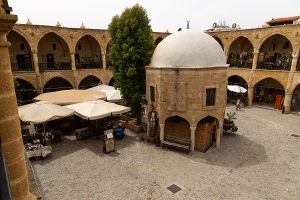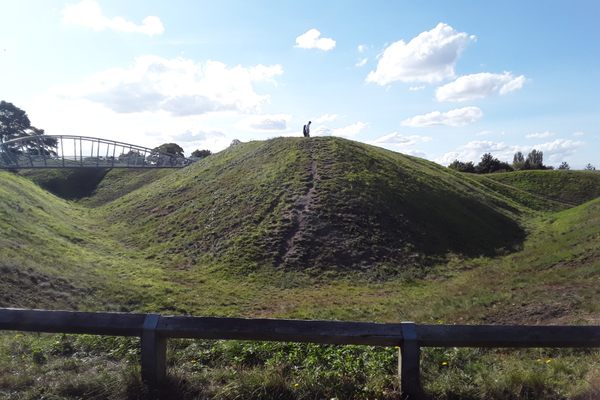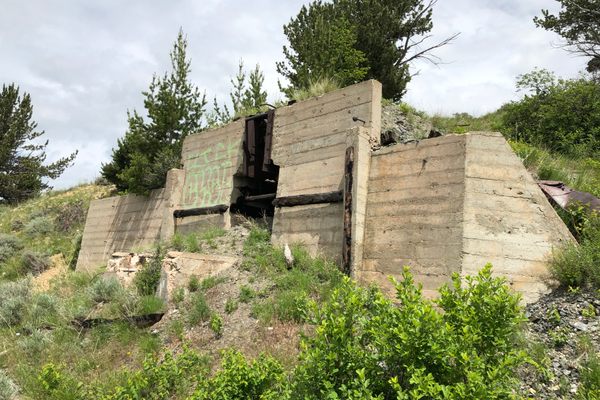About
A Buffer Zone controlled by the United Nations cuts across the island of Cyprus, dividing the country's population in two, with ethnic Greek Cypriots in the south and ethnic Turkish Cypriots in the north. Also called "the Green Line," this demilitarized zone was established in its current form in 1974, following the ceasefire after the Turkish invasion of Cyprus.
Although this Buffer Zone runs all the way through the country, the section dividing the capital city of Nicosia is the most palpable, as all roads running on a north-south axis come to a dead end. At times, they terminate with a passport checkpoint. Others end with fortified guard huts. And rarely, but surely, some sections are badly fenced and unguarded, tempting short, forbidden visits within the UN-patrolled no man's land.
The Green Line stretches some 112 miles across the island. In some parts, the zone is no more than several feet wide. Other sections have been normalized, and are even home to thousands of Cypriots living within the zone and farming the land. One village inside the Buffer Zone, called Pyla, is the only place in the country where Greek and Turkish Cypriots live side-by-side.
In the areas where the demilitarized line cuts through the capital, the zone is strewn with abandoned buildings, gardens, vehicles, and even the decaying Nicosia International Airport. These crumbling relics have sat neglected for over 40 years, and now serve as a chilling time capsule of a former life in Cyprus.
Related Tags
Know Before You Go
The Buffer Zone is off-limits to the public, but the United Nations Peacekeeping Force in Cyprus (UNFICYP) may permit visits on a case-by-case basis to researchers, photographers, and others. More information and the Visit Request Form can be found at the UNFICYP website. The map coordinates above point to a part of the Green Line in the heart of Nicosia's old town, near the custom's office on the southern edge of the Buffer Zone.
Community Contributors
Added By
Published
June 11, 2019
